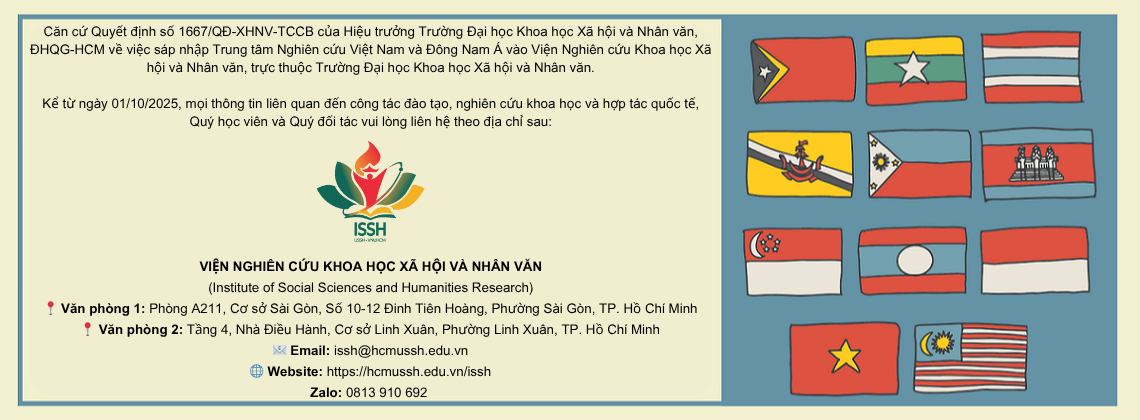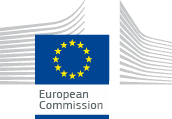ATTENDING GLOBAL SAEMAUL FORUM 2013 AT THE YEUNGNAM UNIVERSITY, KOREA
, 02/07/2013 09:07Dr. Tran Dinh Lam participated in the “Global SAEMAUL Forum 2013” at the Yeungnam University, Korea on 26-27 June, 2013.
Dr. Tran Dinh Lam participated in the “Global SAEMAUL Forum 2013” at the Yeungnam University, Korea on 26-27 June, 2013.
The conference witnessed the presence of Kim Kwan Yong, Mayor of Gyeongsangbuk-do province; Song Pil-Gak, Chairman of the People’s Committee of the province; Shim Yoon –chong, Chairman of the Central Korea Saemaul Undong; Prof. Noh Seok Kyun, President of the Yeungnam University; Prof. Park Seung Woo, Dean of the Park chung Hee School of Policy and Saemaul (PSPS) and a number of professors from other universities and institutes in Korea together with more than 1,000 students and members of Saemaul Undong from various places.
Dr. Tran Dinh Lam brought to the conference a report titled “Economic Reform in Vietnam and OAD from Korea”. Other professors also had detailed reports. Pablito M. Villegas from the Philippines presented “An experimental field study of Saemaul Undong theory to alleviate poverty situation at region 4 in the Philippines”. Bouth Virya, from the Ministry Agriculture and Rural Development of Cambodia, talked about “Saemaul Undong in Cambodia”. Dr. Kamul Ahsan, from the Bangladesh Academy for Rural Development, had a presentation on “Lessons and recommendation for the Localization of Saemaul Undong or Korean ODA Policy, Experiences of Bangladesh”. Soe Myint Tun, from the Ministry of Agriculture and Irrigation of Myanmar, reported on “Rural Development in Myanmar”.
.jpg)
The “Global SAEMAUL Forum” puts emphasis on cultural elements of Korea. Combating poverty, Korea has gained remarkable economic achievements with growth in 50 consecutive years to become an industrialized country. Additionally, from a country receiving foreign assistance due to per capita income only at 80 USD in 1960, Korea has now been able to offer ODA to many developing countries.
According to Prof. Choi Oe Chool, Vice President of Yeungnam University, the foundation for Korea’s development lies in the vision of the country’s leaders. More specifically, they put emphasis on human resources by dispatching its citizens to study overseas in the early 1970s and building up a new village model called “Saemaul Undong”. This model was built on the basis of granting farmers the right to self-controlling, self-determination, cooperation and sharing. Saemaul Undong emphasizes the efforts to achieve success of a community, not only locally but also nationwide, with a motto: “Let’s make a good life all by ourselves”.
Kim Yong Mok, Chairman of KOICA Korea, thought that the spirit of Saemaul Undong would spread all over the world, making humankind happier. KOICA will focus on offering ODA to developing countries and poor localities as part of its sharing to them.
The scholars’ reports all stress the initial importance of receiving ODA from Korea, yet many of them hope that Korea can help to train human resources for developing countries. Prof. Park Seung Woo said that the Yeungnam University is now providing a graduate course on “Saemaul Undong studies” for students from developing countries. A number of countries in Southeast Asia and Africa dispatch excellent students to Korea to study, and almost all of them gain scholarships from Korea. The course, which is conducted in English, also admits outstanding Korean students after their graduation from universities in New Zealand, UK and the U.S.














